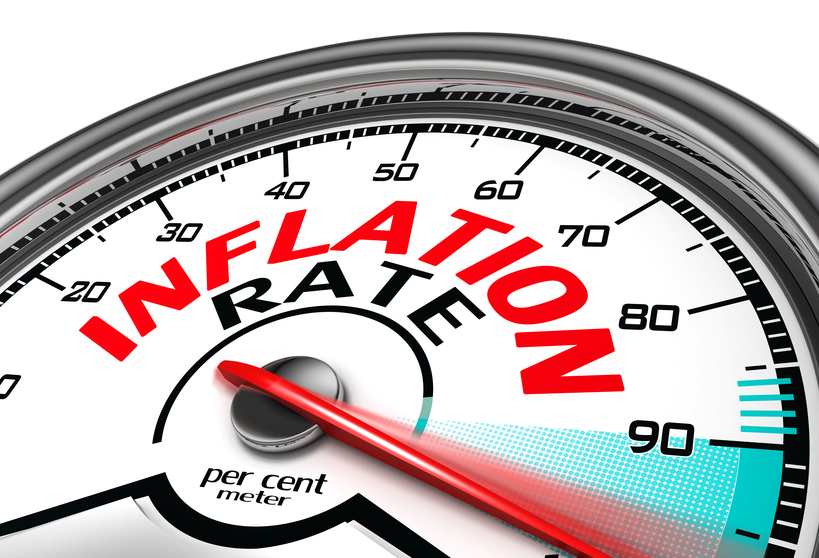Consumer Price Index commonly referred to as headline inflation declined slightly to 15.60 per cent in January.
The decline follows an increase in December 2021 to 15.63 per cent after an eight-month decrease between April and November 2021.
The National Bureau of Statistics attributed the change in the declining trend recorded in December to the increase in prices of goods and services as a result of upsurge in their demand during the festive season.
The latest inflation rate was disclosed on Tuesday by the Statistician-General of the Federation, Simon Harry, during a press briefing.
He said, “For the month of January, 2022; it is interesting to note that the consumer price index which measures inflation increased by 15.60 per cent (year-on-year).
“This was 0.87 per cent points lower than the rate recorded in January 2021, 16.47 per cent. On a month-on-month basis, the headline index increased by 1.47 per cent in January 2022. This was 0.34 per cent points lower than 1.82 per cent recorded in December 2021.”
Although food inflation declined in January, it remained elevated at 17.13 per cent, the figures released by the NBS revealed.
The rise in food inflation during the month was attributed to increases in prices of bread and cereals, food products such as potatoes, yam and other tubers, soft drinks, oils and fats, and fruits.
Meanwhile, core inflation stood at 13.87 per cent in January, higher by 2.02 per cent, when compared to 11.85 per cent, recorded in January, 2021.
Economic experts at an economic think tank, the Centre for the Promotion of Private Enterprise, said that although the economy recorded a marginal decline in headline inflation in January, high inflationary pressures continued to be a major worry to stakeholders in the Nigerian economy.
The Chief Executive Officer, CPPE, Muda Yusuf, listed some of the implications of the high inflation rate to include increased production and operational costs for businesses, aggravated poverty as a result of high food prices and erosion of investors’ confidence due to price volatility.
He advised the government to address the core drivers of the country’s inflationary pressures to curb the trend. He said, “To curb the current inflationary pressure, government need to fix the following, address the security concerns causing disruption to agricultural activities.
“Reform the foreign exchange market to stabilize the exchange rate, reduce volatility and stimulate forex inflows and Address forex liquidity issues through appropriate policy measures.”












